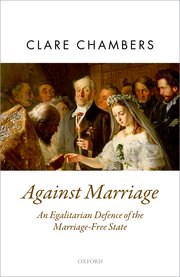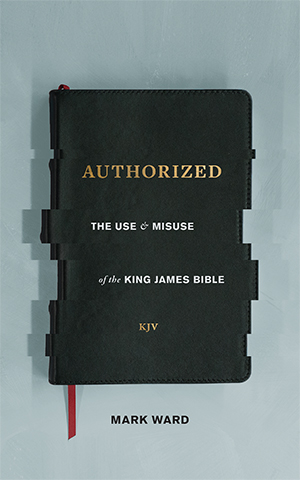Quarles, Charles L. The ΑΠΟ of 2 Thessalonians 1:9 and the Nature of Eternal Punishment,” Westminster Theological Journal 59, no. 2 (Fall 1997): 201-12.
Quarles is responding to annihilationists who argue that since 2 Thessalonians 1:9 says the wicked will “suffer the punishment of eternal destruction, away from the presence of the Lord,” and since God is omnipresent, therefore to be away from God’s presence means to be annihilated. Quarles draws on passages from the Old Testament in which sinners who enter God’s presence are destroyed to argue that the απο, in this case, is not indicating separation, is in the ESV quoted above (cf. NASB, NIV, NRSV). Instead, the presence of the Lord is the source of the destruction. This understanding may be reflected in the translation of the CSB: “pay the penalty of eternal destruction from the Lord’s presence.”
I think Quarles makes a good case. However, I don’t think it is a necessary case to oppose an annihilation view. Even if από is separative, it does not imply annihilation. The presence of God does not always refer to God’s omnipresence. Sometimes it refers to a special fellowship that God’s people have with him. Adam and Eve lost this in Eden, it was symbolically restored in the tabernacle, further restored in the Incarnation, and then advanced in the giving of the Spirit. The presence of God is significant for all these events, but it is not omnipresence that is in view.


